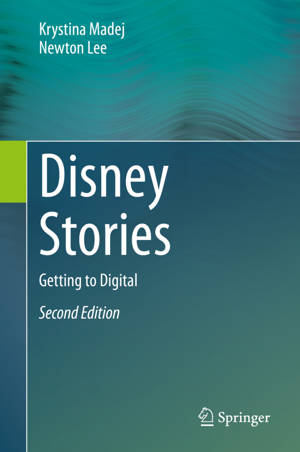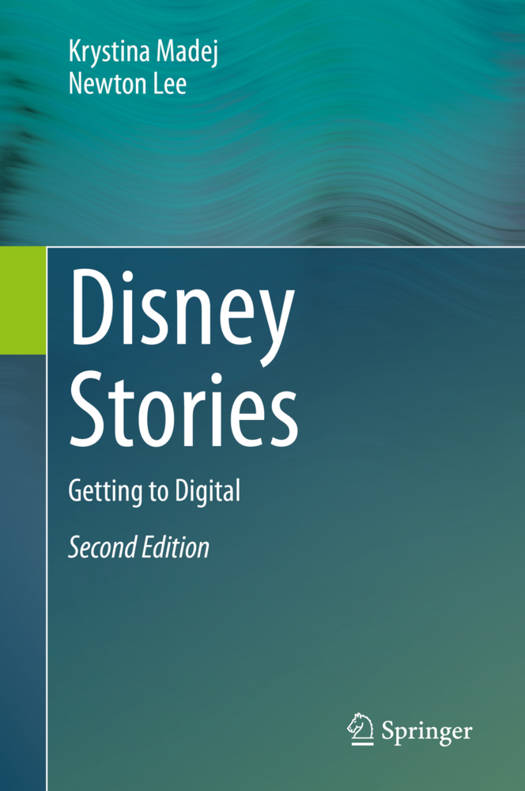
- Retrait gratuit dans votre magasin Club
- 7.000.000 titres dans notre catalogue
- Payer en toute sécurité
- Toujours un magasin près de chez vous
- Retrait gratuit dans votre magasin Club
- 7.000.000 titres dans notre catalogue
- Payer en toute sécurité
- Toujours un magasin près de chez vous
Description
The second edition of Disney Stories: Getting to Digital will be of interest to lovers of Disney history and also to lovers of Hollywood history in general. The first edition was planned as a short history of the companies evolution from analog storytelling to a digital online presence that closed the chapter on early Disney films with the release of the groundbreaking Snow White. The purpose of the new edition is to bring to readers a more complete view of the analog-digital story by including three new chapters on film that cover key developments from the live-animation hybrids of the 1940s to CAPS and CGI in the 1990s and VR in the 2010s. It also includes in the discussion of cross-media storytelling the acquisition of the exceptional story property, Star Wars, and discusses how Disney has brought the epic into the Disney Master Narrative by creating Galaxy's Edge in its US theme parks.
Krystina Madej's engaging portrayal of the long history of Disney's love affair with storytelling and technology brings to life the larger focus of innovation in creating characters and stories that captivate an audience, and together with Newton Lee's detailed experience of Disney during the crucial 1995-2005 era when digital innovation in online and games was at its height in the company, makes for a fast-paced captivating read.
Disney Stories first edition explored the history of Disney, both analog and digital. It described in detail how Walt Disney used inventive and often ground-breaking approaches in the use of sound, color, depth, and the psychology of characters to move the animation genre from short visual gags to feature-length films with meaningful stories that engaged audience's hearts as well as tickled their funny bones. It showed Walt's comprehensive approach to engaging the public across all media as he built the Disney Master Narrative by using products, books, comics, public engagements, fan groups such asthe Mickey Mouse club, TV, and, of course, Disneyland, his theme park. Finally it showed how, after his passing, the company continued to embrace Walt's enthusiasm for using new technology to engage audiences through their commitment to innovation in digital worlds. It describes in detail the innovative storybook CD-ROMs, their extensive online presence, the software they used and created for MMORGs such as Toontown, and the use of production methods such as agile methodology. This new edition provides insight on major developments in Disney films that moved them into the digital world.
Spécifications
Parties prenantes
- Auteur(s) :
- Editeur:
Contenu
- Nombre de pages :
- 243
- Langue:
- Anglais
Caractéristiques
- EAN:
- 9783030427375
- Date de parution :
- 21-10-20
- Format:
- Livre relié
- Format numérique:
- Genaaid
- Dimensions :
- 156 mm x 234 mm
- Poids :
- 544 g







